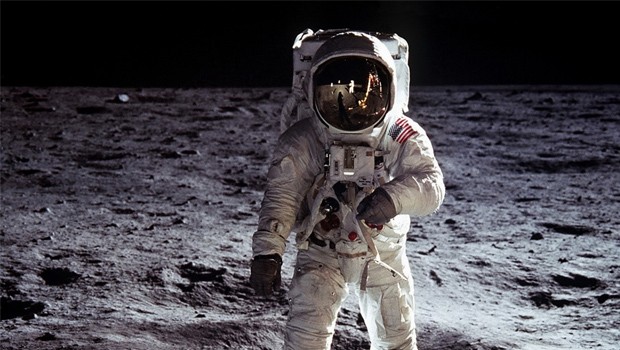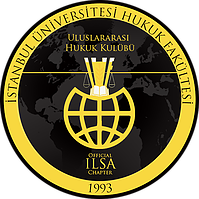
Prepared by: Nazlı HACIOSMANOĞLU
Translated by: Vuslat N. YAŞAR
Edited by: Irmak YETİM
Space activities are subject to international regime. Space is declared as common property. No nation may claim ownership of outer space. Due to that reason, there is “freedom of use” principle in outer space activities, and those activities must be done with good intentions and must comply with international law. In the light of such principles, astronauts who are sent to explore the space also known as ‘’ambassadors of humanity’’.
Space activities must sustain collaboration, cooperation and respect for others’ interests. According to these principles, in the event of an unscheduled emergency landing impose certain obligations to the state parties who become aware of it. Such obligations are stated in the ‘’Agreement on the Rescue of Astronauts, the Return of Astronauts and the Return of Objects Launched into Outer Space’’, which was created by a 1967 consensus vote in the UN General Assembly.
According to the agreement, the state where the object lands must communicate with the launching authority and must inform the UN General Secterary about the incident. The necessary aid must be provided to save astronauts, and precautions must be taken to prevent threats to their lives and health. Those precautions must be reported to the launching States and UN General Secretary. If the event takes place in an open sea or a place where no State has domination, other state parties must put a suppont behind the rescue efforts. Rescued astranauts must be returned to the launching state safely and immediately.
Launching state must then compensate the state for the costs incurred in rescuing and returning. Turkey signed the agreement in 1968. The agreement became binding after it got through in 2004 at Parliamentary General Assembly and soon after Turkey has declared that these obligations will be implemented to the States which Turkey has diplomatic relations.

